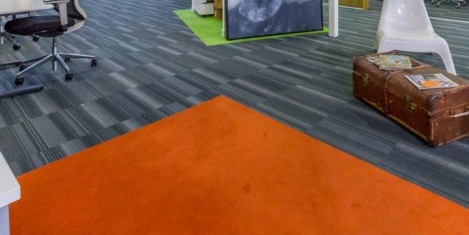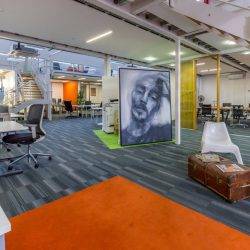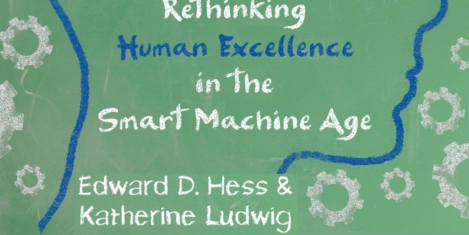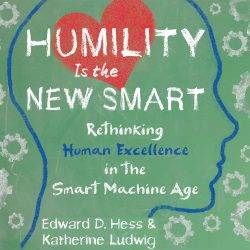February 28, 2017
Almost half of over 55s will work past retirement age, but need bosses support 0
A majority of older workers (55+) in the UK are bracing themselves to continue working until they are 70 years old, but three quarters of employees don’t think employers are doing enough to support them, according to new research by the CIPD. In a survey of more than 1,600 UK employees, more than a third (37 percent) believed that they will have to work past the widely accepted retirement age of 65, a figure which jumps to 49 percent among workers over 55 years old. Among those who predict they will work past 65, the average age they expect to actually retire is 70. The most common reasons for employees wanting to work past 65 the belief it will keep them mentally fit (32 percent), followed by a desire to be able to earn enough money to continue to enjoy themselves. However, the research has also found that many employers aren’t doing enough to support older workers in the workplace. Just one in four (25 percent) employees believe that their employer is prepared to meet the needs of workers aged 65 and over, demonstrating how much work organisations need to do in order to prepare for the increased numbers of older workers in the workplace.

















 Implementing new technologies over the next 12 months is of primary importance for senior managers, with nearly two-fifths of finance directors saying digital transformation is one of their greatest priorities. Against a backdrop of economic uncertainty, chief financial officers (CFOs) are focusing on increasing profitability (41 percent) and driving overall company growth (39 percent) in the year ahead, according to research from,
Implementing new technologies over the next 12 months is of primary importance for senior managers, with nearly two-fifths of finance directors saying digital transformation is one of their greatest priorities. Against a backdrop of economic uncertainty, chief financial officers (CFOs) are focusing on increasing profitability (41 percent) and driving overall company growth (39 percent) in the year ahead, according to research from, 



















